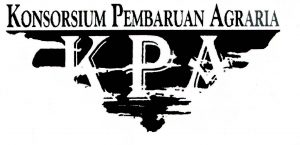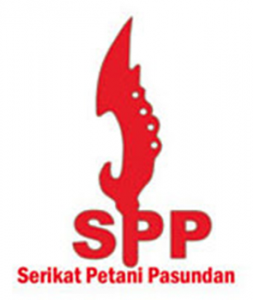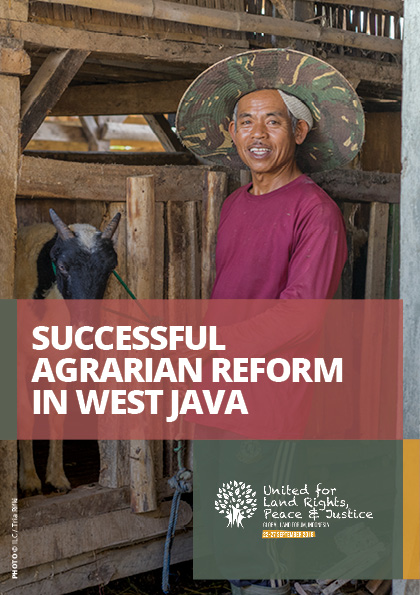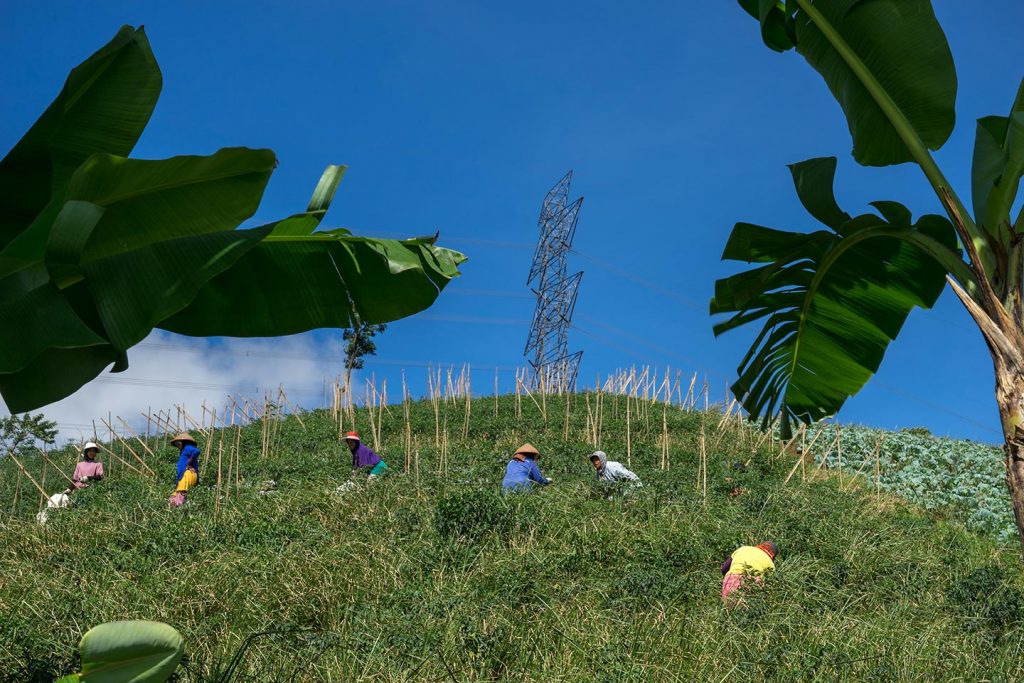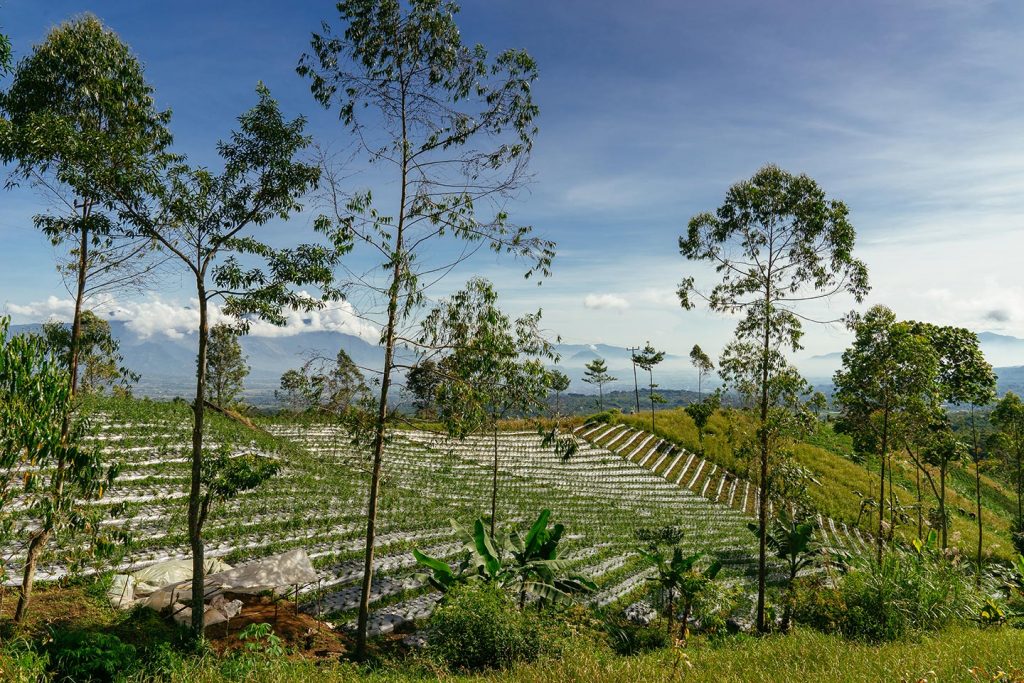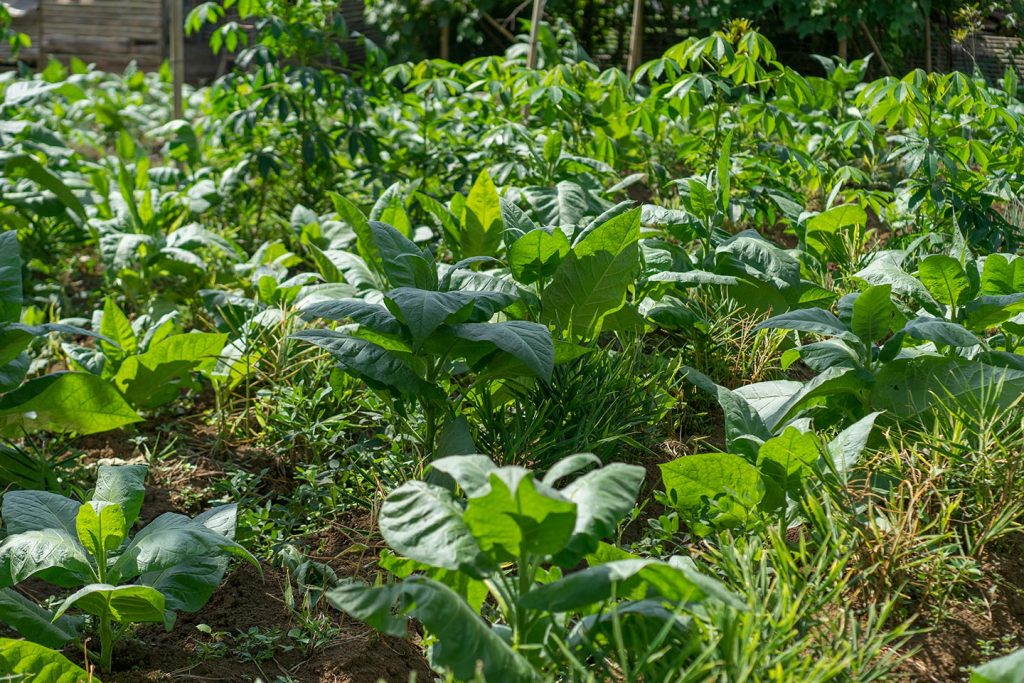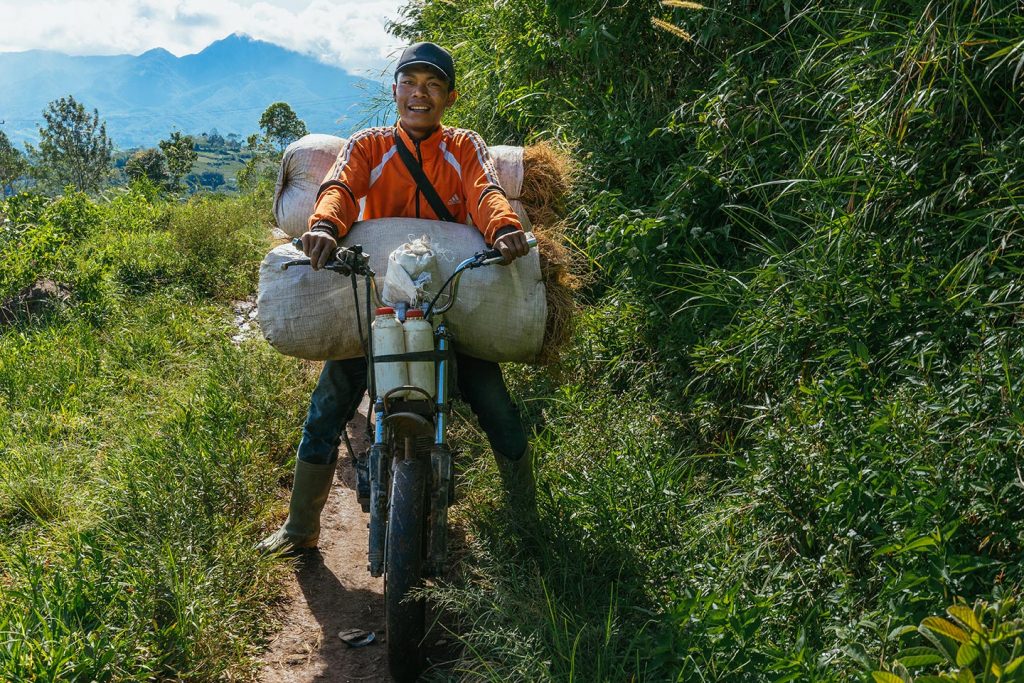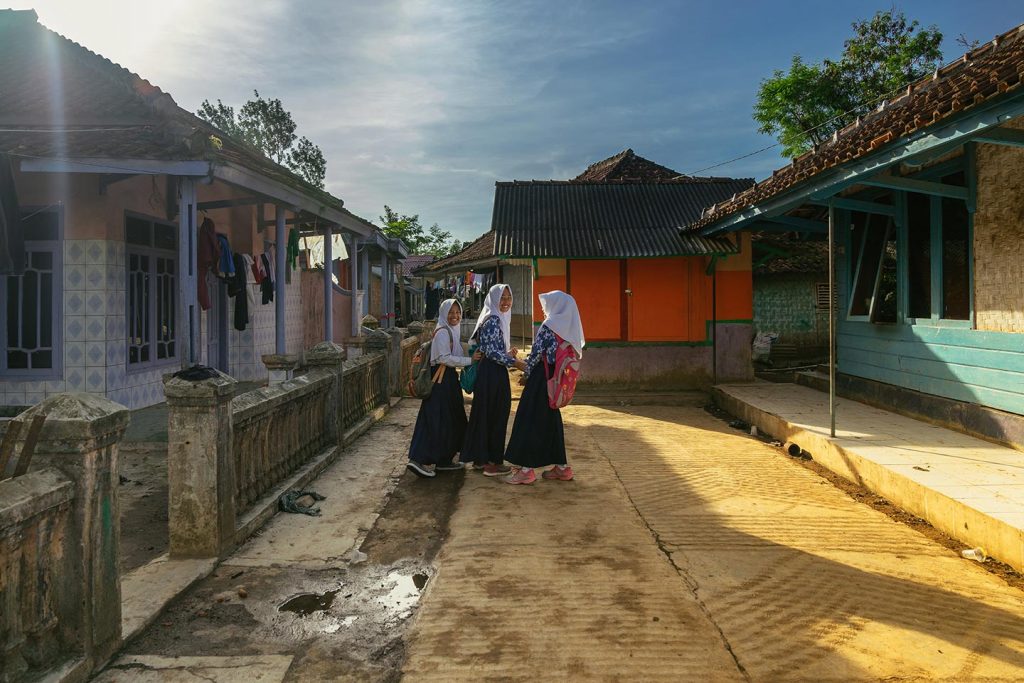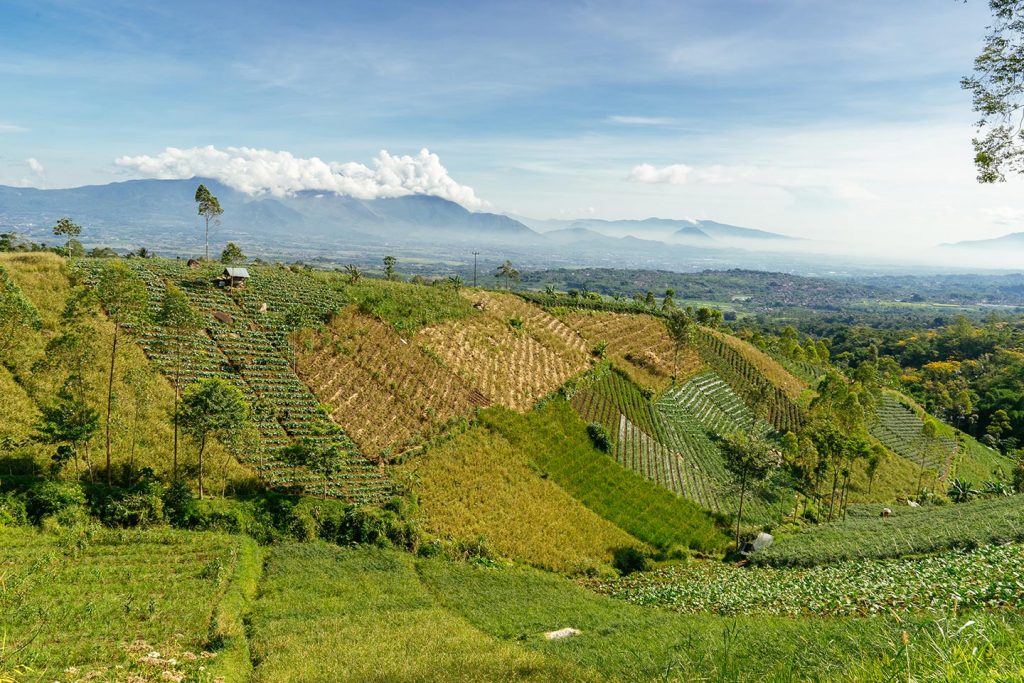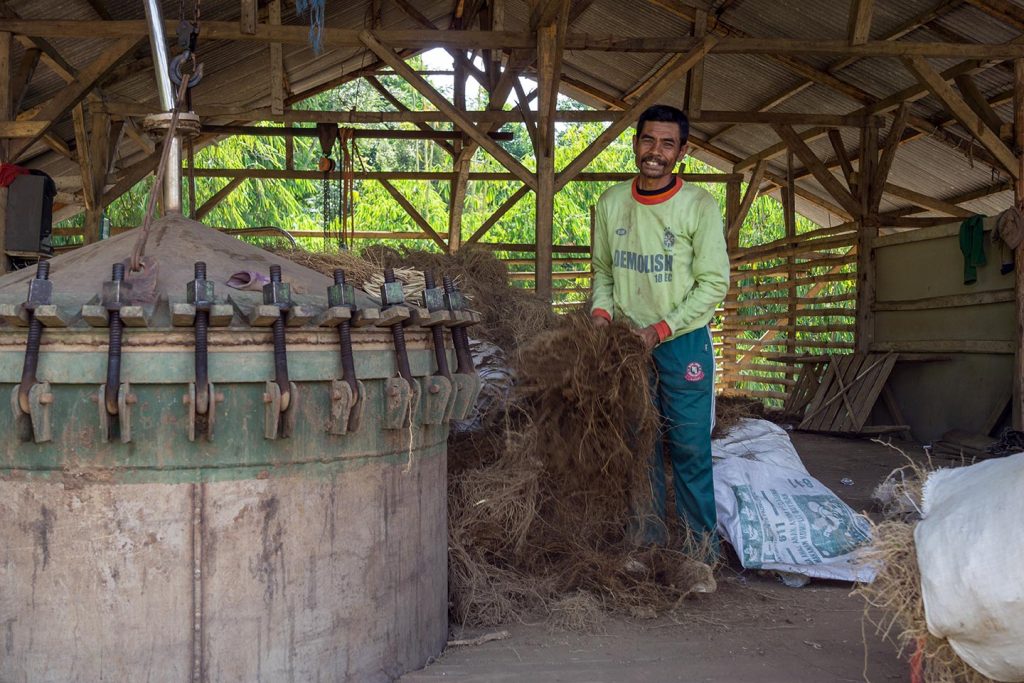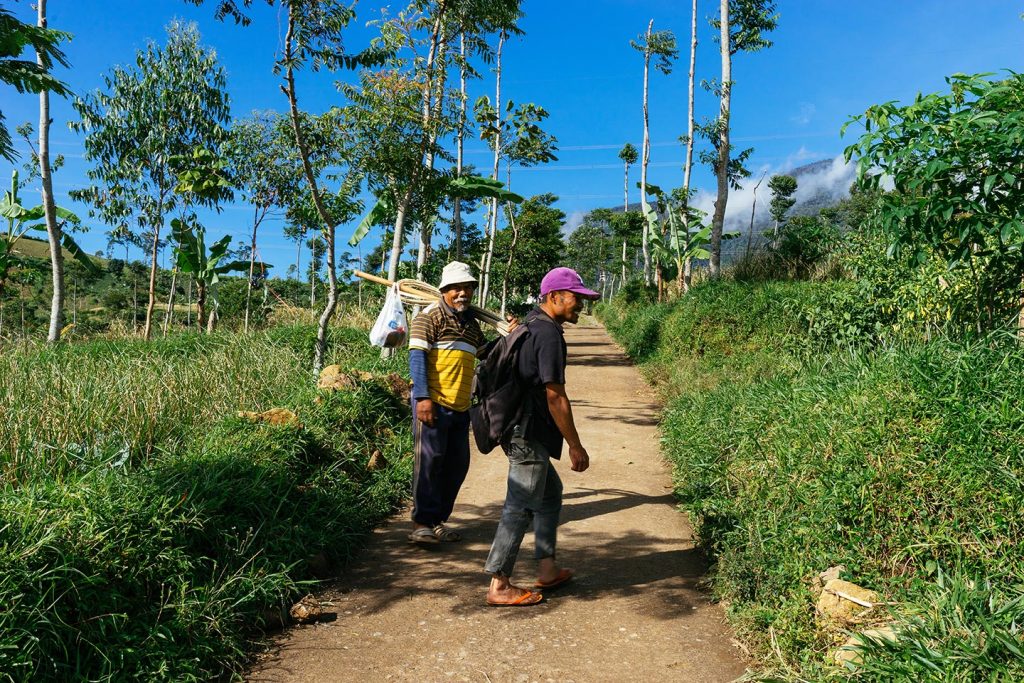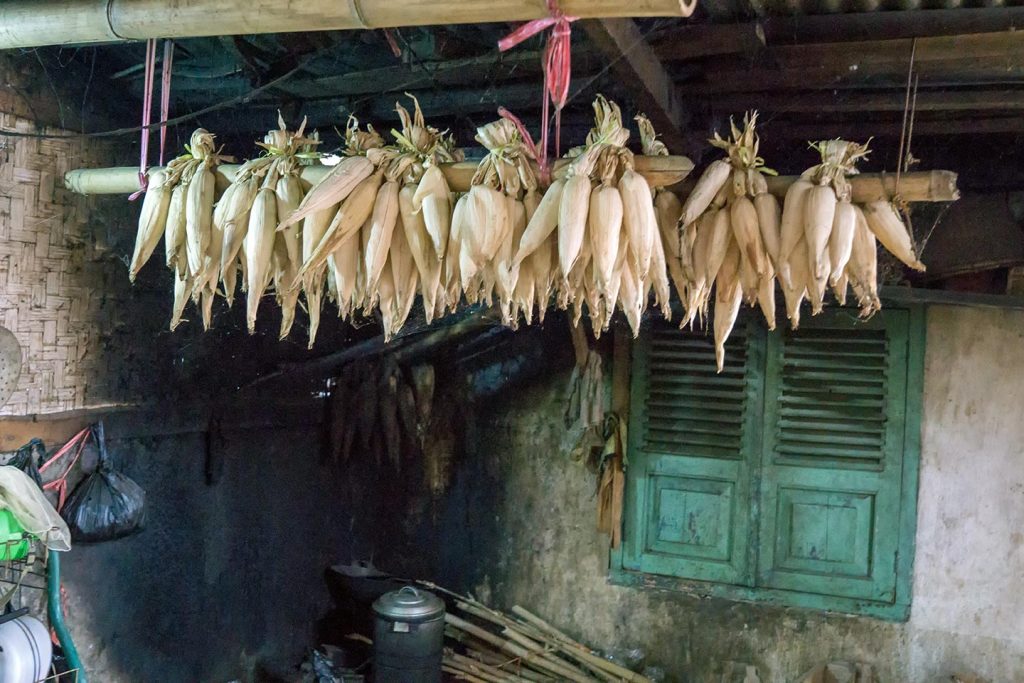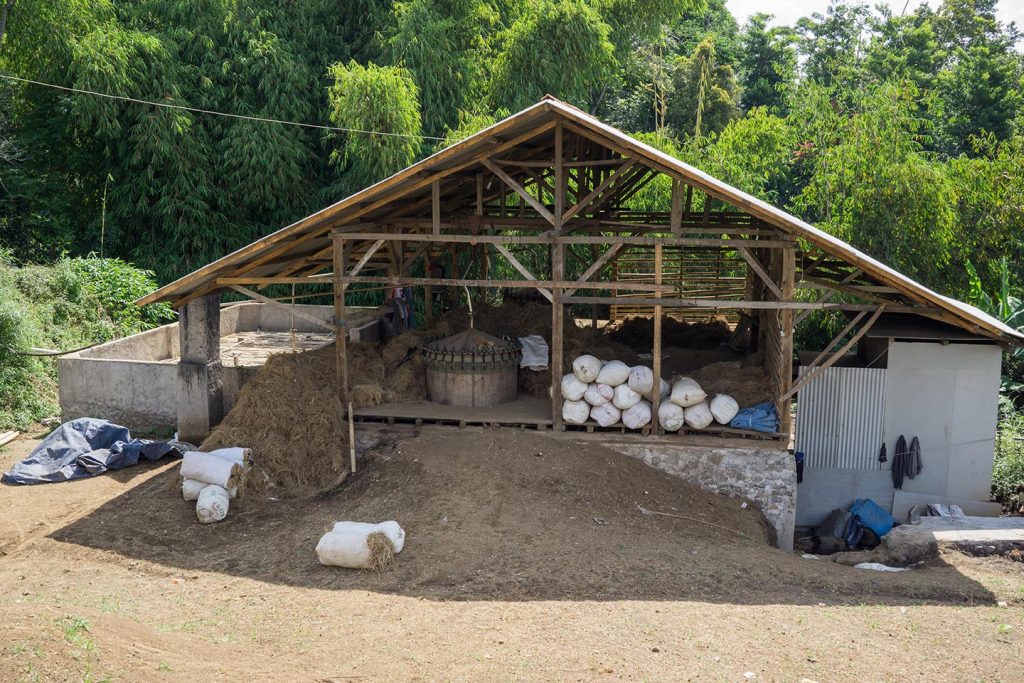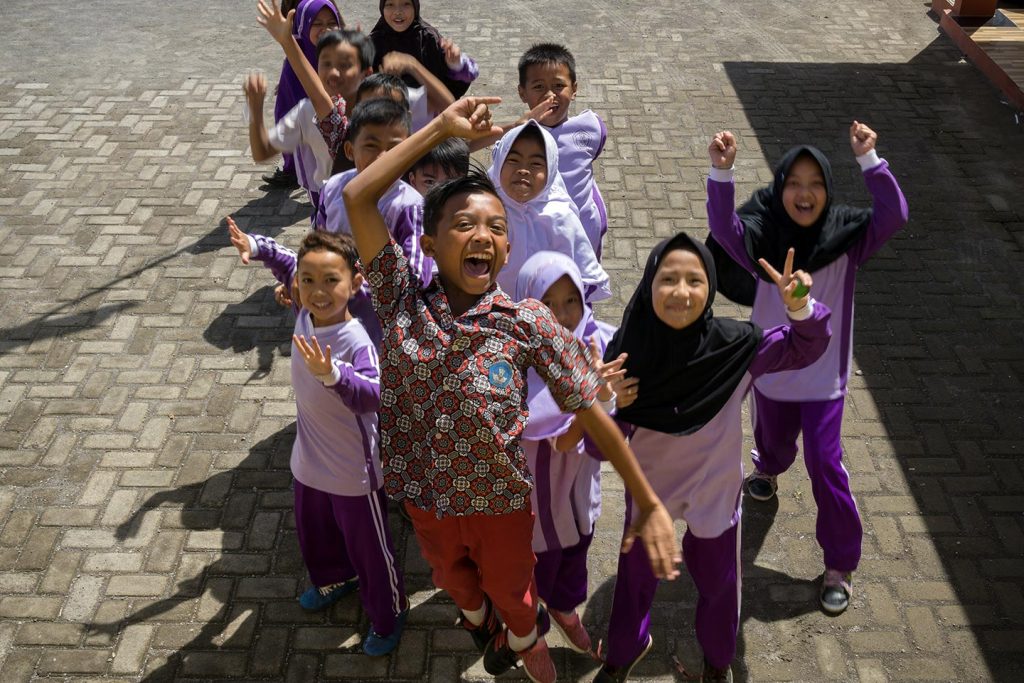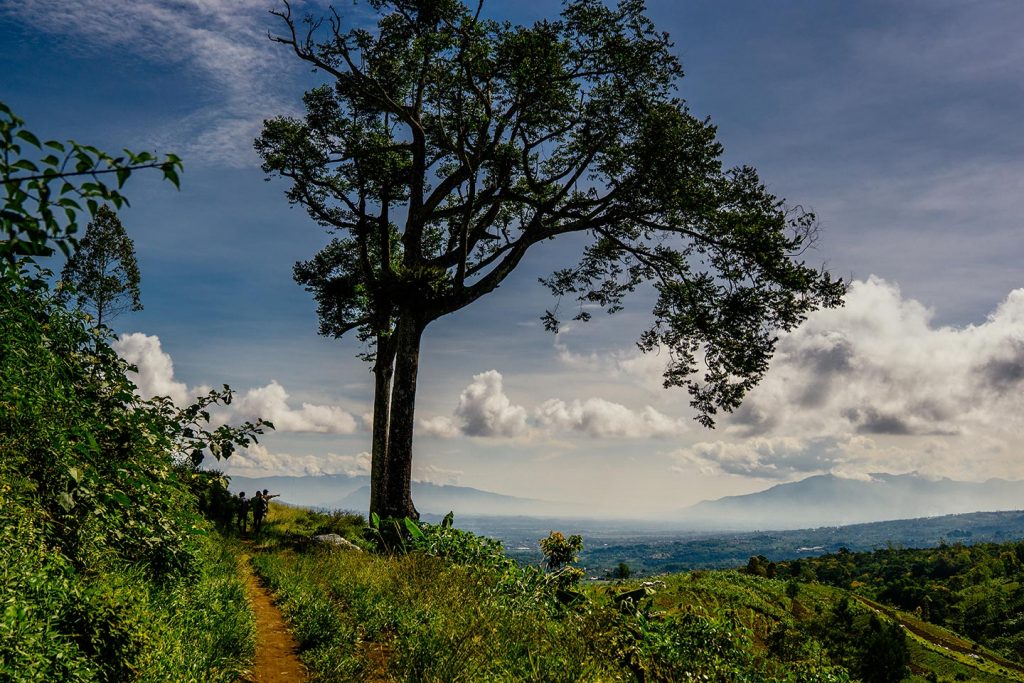GLF themes: Agrarian reform
Sub-topics: Land reclamation, farmers’ organisations, traditional farming, women, youth, collective farming, cooperatives
PARTICIPANTS
WILL LEARN
ABOUT...
READ MORE
PARTICIPANTS WILL LEARN MORE ABOUT:
- Community-initiated land reform;
- Community strategies for protecting their land rights;
- Village development based on true agrarian reform principles;
- The roles of women and youth in farmers’ organisations.
IN
TANJUNGKARANG
VILLAGE
PARTICIPANTS
WILL...
READ MORE
In Jagaraska Village participants will:
- Participate in discussions on land reform implementation that
focuses on community-led initiatives in the struggle to retain
their land rights, and village development that actively involves
women and youths; - Share successful land rights campaign strategies from different
countries; - Participate in discussions on relationships between village-level
governments and the national government in pursuing village
development based on true agrarian reform; - Visit important local sites, such as collective farms, fragrant herb
farms, schools, women’s groups, and collectively-run swimming
pools that provide the community with income.

